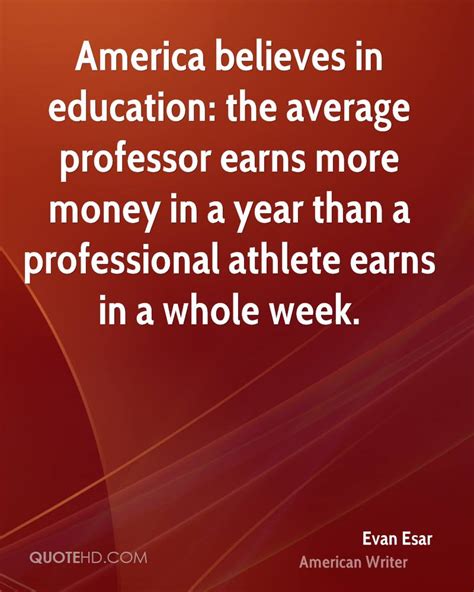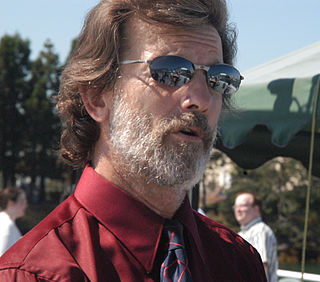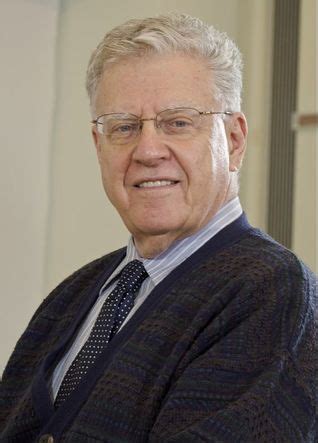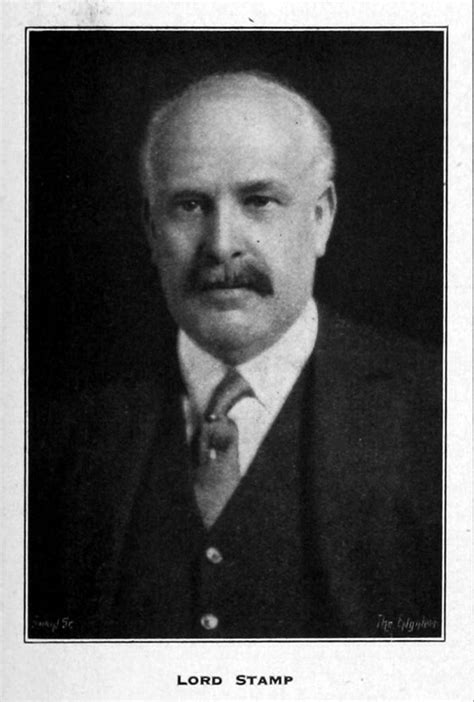A Quote by John Ralston Saul
I have a theory of statistics: if you can double them or halve them and they still work, they are really good statistics.
Related Quotes
I do not ... reject the use of statistics in medicine, but I condemn not trying to get beyond them and believing in statistics as the foundation of medical science. ... Statistics ... apply only to cases in which the cause of the facts observed is still [uncertain or] indeterminate. ... There will always be some indeterminism ... in all the sciences, and more in medicine than in any other. But man's intellectual conquest consists in lessening and driving back indeterminism in proportion as he gains ground for determinism by the help of the experimental method.
As soon as the circumstances of an experiment are well known, we stop gathering statistics. ... The effect will occur always without exception, because the cause of the phenomena is accurately defined. Only when a phenomenon includes conditions as yet undefined,Only when a phenomenon includes conditions as yet undefined, can we compile statistics. ... we must learn therefore that we compile statistics only when we cannot possibly help it; for in my opinion, statistics can never yield scientific truth.
I wanted to be an archaeologist. But in school you have to take a tremendous amount of statistics for that, and I am not good at statistics. So I hit a real wall with archaeology. It's probably like wanting to be an architect - you think it's all fun and games, and then you have to get out a calculator and you're done.
In the patient who succumbed, the cause of death was evidently something which was not found in the patient who recovered; this something we must determine, and then we can act on the phenomena or recognize and foresee them accurately. But not by statistics shall we succeed in this; never have statistics taught anything, and never can they teach anything about the nature of the phenomenon.

































